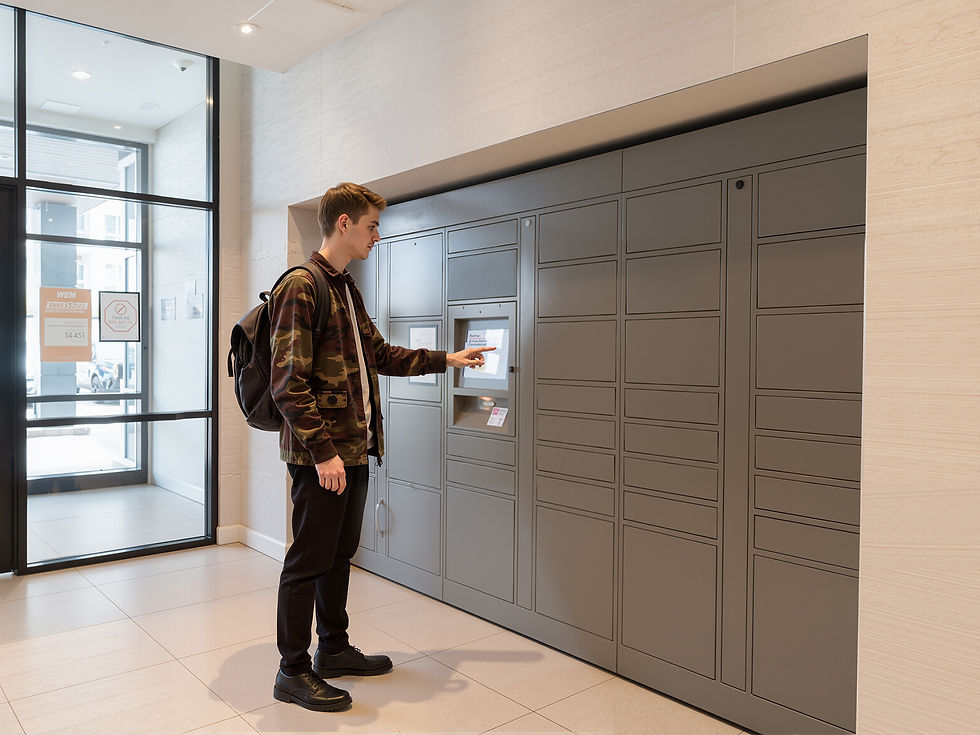chemical storage equipment locks
- 411201460

- Oct 10, 2025
- 2 min read
The storage and management of chemicals is crucial in the chemical, pharmaceutical, laboratory, and numerous other industrial sectors. These chemicals are often flammable, explosive, toxic, or corrosive. Improper management can lead to serious safety incidents, causing immeasurable damage to personnel and the environment. Therefore, secure locking systems for chemical storage equipment have become an essential component of safety.
Chemical storage equipment locks are specifically designed to secure chemical storage containers, cabinets, or rooms. They must not only provide basic anti-theft functionality but, more importantly, prevent unauthorized access to or manipulation of these hazardous chemicals. These locking systems typically combine multiple security mechanisms, such as mechanical locks, electronic combination locks, fingerprint recognition locks, or RFID (radio frequency identification) technology, to ensure that only trained and authorized personnel can open them.

Mechanical locks, as the most basic security measure, control access through unique keys. However, with increasing security demands, mechanical locks alone are no longer sufficient to meet the security requirements of complex environments. Consequently, electronic combination locks and fingerprint recognition locks have emerged. Electronic combination locks allow users to set multi-digit passwords, making them more difficult to crack. Fingerprint recognition locks, on the other hand, utilize biometrics for authentication, offering greater security and reliability. RFID technology uses wireless signals to identify specific tags, enabling contactless and rapid verification, making it suitable for scenarios requiring efficient management.
In addition to technological advancements in the locks themselves, the design of chemical storage equipment locks also fully considers the specific operating environments. For example, in humid or corrosive environments, locks must be made of corrosion-resistant materials to ensure long-term stable operation. Furthermore, the lock's installation location and method must be customized to the shape and size of the storage equipment to ensure ease of use without compromising overall safety.
Equally important is the management of chemical storage equipment locks. Companies should establish a comprehensive lock management system, covering the allocation, use, maintenance, and replacement of locks. Regular safety inspections should be conducted to ensure locks are in good working order. Keys should be promptly collected or access rights revoked for personnel who leave or transfer positions to prevent security breaches.
As a professional manufacturer of electronic smart locks, Kerong offers a variety of chemical storage equipment locks that can effectively manage and protect various chemical lockers. Welcome to consult and purchase with any needs.



Comments